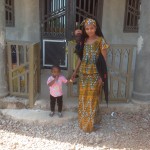
Garambé was once one of the rural towns hardest hit with malaria in Guinea. Everyone was expected to take a turn with the disease when the rainy season started. People were resigned to having malaria, thinking that it was something they just had to accept. The nearest health center was several kilometers away, and the only antimalarial medicine available there was chloroquine.
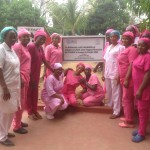
Marie Sylla has been a midwife for more than 15 years now at the maternity center of the regional hospital in Kindia, in the northeast of Conakry. As the head midwife, she has always been on the front line of efforts to protect the lives of children and women whose mortality rates are some of the highest in the world.
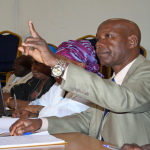
In Guinea, a country that has some of the lowest health indicators in the world, strengthening the Ministry of Health is important to improving health outcomes. And so is increasing the involvement of the National Assembly in health care budgeting as it represents the needs of the populace.
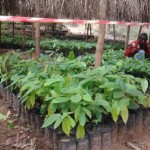
Imagine living in one of the most biodiverse regions in West Africa, but not being able to reap the benefits of your environment.
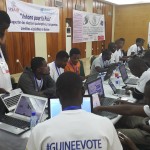
February 2016—Transitions from authoritarian rule to multiparty democracy are often contentious, rocky affairs. But public radio and an organized dose of openness helped Guinea avert violence in 2015 that marred its 2010 election.








Comment
Make a general inquiry or suggest an improvement.